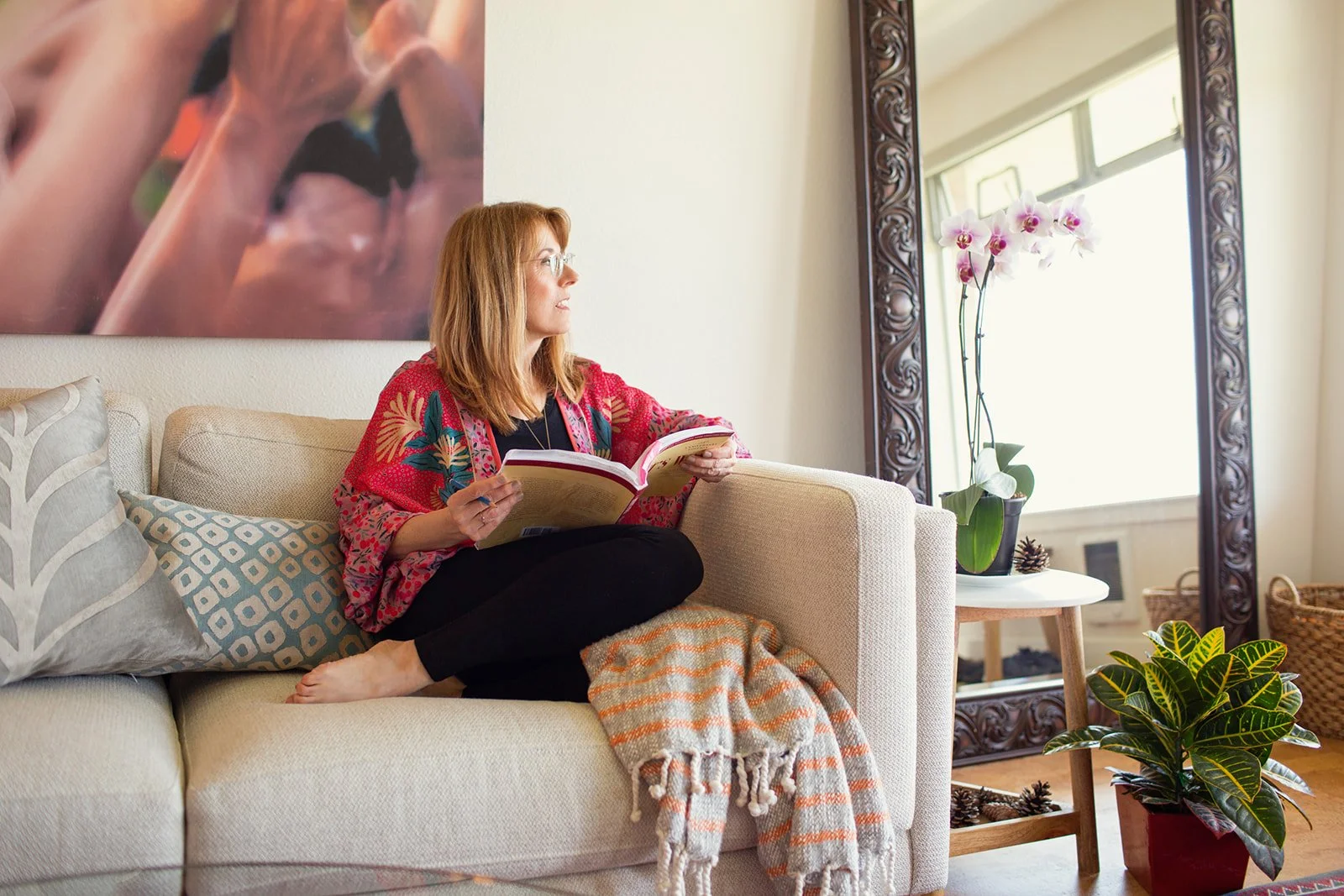LDS Gen Z and Millennial Dating Trends: What Today’s Singles Are Really Struggling With
120 interviews. Real stories. And one truth: You are not alone.
If dating feels confusing, exhausting, or like something you're somehow doing "wrong," this post is for you. Based on Julie Balkman's interviews with 120 LDS and culturally LDS young adults (mostly Gen Z and Millennials), this blog explores the real reasons dating feels harder than ever. Spoiler: There's nothing wrong with you. Dating has changed. And understanding that is the first step toward more clarity, connection, and confidence.
Why Dating Is More Complicated for Gen Z and Millennials
Today’s young adult daters have access to more information than any generation before them—but that access comes with a price. With countless contradictory messages, pressure from family and culture, and a desire to do it right, it's no wonder so many LDS singles feel paralyzed.
You're not picky. You're discerning. You're not slow. You're thoughtful. And if you feel like you're carrying the weight of your entire future with every first date? You're not alone.
This is the modern dating landscape: high expectations, information overload, and fear of making the wrong choice. You're navigating a culture caught between tradition and progress—and trying to build something real in the middle of it.
Insights from 120 LDS Young Adults: The Highs & Lows
Julie interviewed 120 LDS and post-LDS young adults across the U.S. about their dating experiences. Here's what she found:
HIGHS:
High emotional awareness and desire for deeper connection
Strong observational skills of peer relationships
Hope for organic (non-app) dating experiences
Openness to personal growth in marriage
Clear recognition of overwhelm caused by too many choices
Experience in education, travel, and social trends
Close family ties (sometimes too close)
A shared sense of confusion about how to move toward exclusivity
Desire for both physical attraction and emotional connection
Deep fear of being unworthy, broken, or not enough
LOWS:
Low self-confidence and dating investment
Limited time, energy, and motivation
Lack of practical dating education or experience
Uncertainty around how to open up emotionally
Difficulty naming or pursuing what they truly want
Minimal interest in dating apps as a means to real connection
Reluctance to "go public" with dating relationships
Sound familiar?
Common LDS Dating Struggles
The dating advice young LDS adults receive often comes with high stakes and heavy pressure. When eternal marriage is the goal, every interaction can feel like it carries the weight of forever.
From Julie's interviews, several themes emerged:
"Not feeling like I’m enough."
"I don’t have enough experience."
"My sexuality makes me feel unworthy."
"I’m scared to mess this up."
These aren’t just personal insecurities. They're cultural echoes that many LDS Millennials and Gen Zs have internalized—often without realizing it.
💡 Want more context on how cultural pressure impacts dating goals? Read this post on what keeps LDS young adults from marriage.
Why So Many Feel Behind or "Immature"
Many LDS Gen Z and Millennial daters were encouraged to delay romantic experiences:
No dating until 16
Group-only socialization
Strict boundaries around exclusivity and sexual expression
18–24 months of missionary service (no dating allowed)
Then suddenly—post-mission or post-college—they're told it's time to find a spouse. But many have never even been in a committed relationship.
It’s no surprise that some feel inexperienced, stuck, or overwhelmed. The truth? You're not behind. You're navigating a system that hasn’t prepared you for this phase well.
A Desire for Clarity, Confidence, and Real Connection
The biggest takeaway from Julie's interviews? LDS young adults want real love rooted in self-awareness and emotional safety. But they need tools and support to get there.
They need:
A safe space to process fears and shame
New frameworks for dating beyond performance or perfection
Confidence in making decisions (not just hoping for a miracle)
A way to date that aligns with both their values and desires
✨ Free Download: How to Build Confidence for Young Adults
Some of the best ways to improve your dating life have nothing to do with dating itself. This self-reflection guide helps you grow into the kind of partner you want to be and recognize what you value in others.
You’ll:
Explore a curated list of personal growth traits and habits
Reflect on what you want for yourself vs. what you want in a partner
Get grounded in clarity, self-trust, and direction
📥 Download the free confidence guide and start building your dating life from the inside out.
What I Asked in the 120 Interviews
Here are the questions Julie used to gather real insights from LDS and culturally LDS Gen Z and Millennial daters:
What are your biggest challenges when it comes to dating?
What do you want when it comes to dating?
How do you find people to date?
How do you feel about first dates?
How do you feel about dating apps and social media?
What did you learn from your parents about dating and relationships?
How do you feel about break-ups?
How will you know when you have found the person you want to marry?
Do you have preferences, requirements, and/or deal breakers?
Do you know of a couple (2 people you could name), and you think to self, "I want that." If so, what do you see? Name 3 things.
Do you want equal partnership? If so, what does it look like, and when does it begin?
These questions opened the door to patterns of fear, desire, confusion, and growth that shaped every insight in this blog.
This Is What My Coaching Is For
If you see yourself in this post—the fears, the hopes, the deep desire to do it differently—you’re not alone. And you don’t have to figure it all out on your own.
I offer compassionate, practical dating coaching that blends cultural fluency with emotional clarity. A discovery call is the first step toward more confident dating and real relationship-building.
Talk through your dating patterns and pain points
Get honest insight (without shame or fluff)
Begin building the kind of relationship you actually want
You are not broken. You are not alone. And this can get better.












How does one decide if differences are deal-breakers? This is entirely unique to each individual and couple, but if you want a prescribed formula, you are not alone. Here is the formula that worked for us while traveling for a month in Europe.